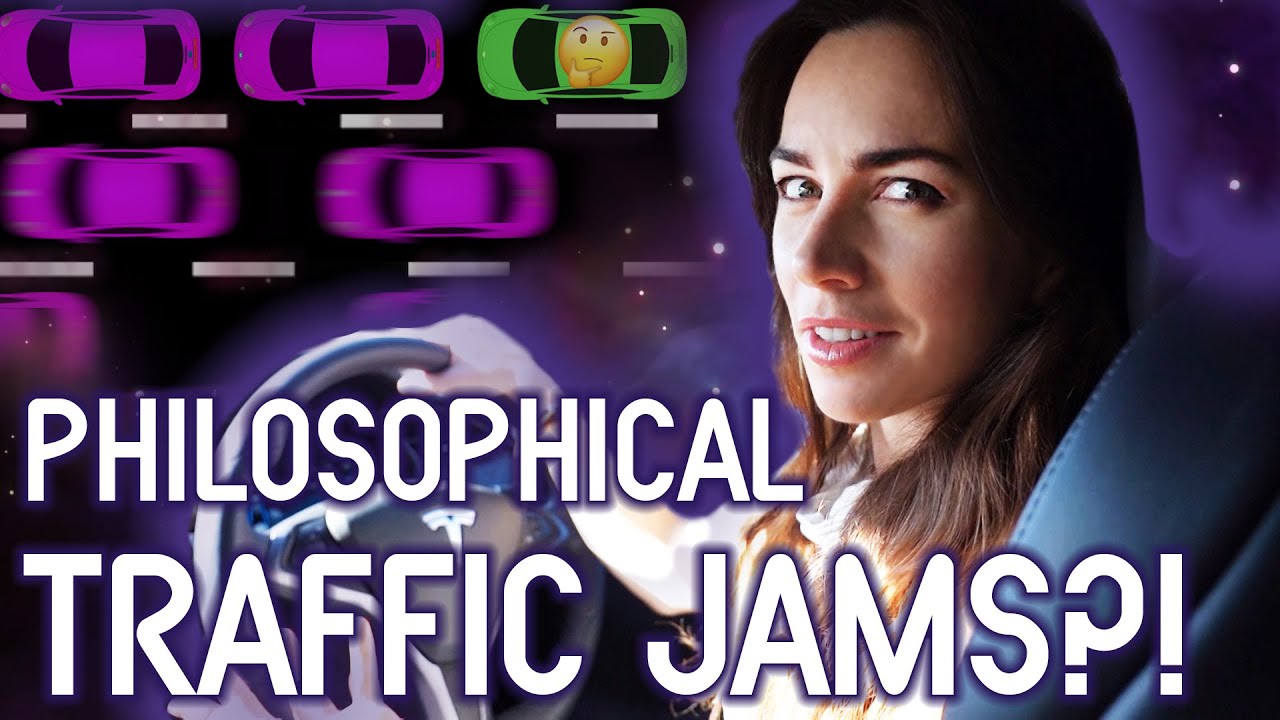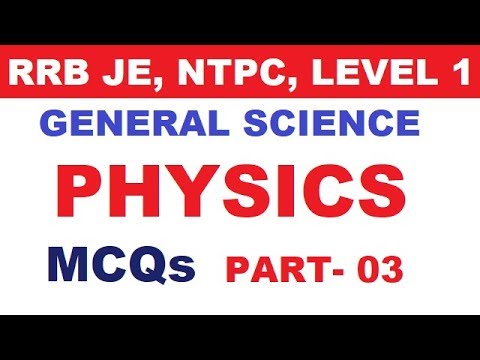Liv Boeree
Why does it usually feel like we’re stuck in the slowest traffic lane? It’s just us being paranoid, right? Well actually, there’s a weird statistical phenomenon known as anthropic bias that suggests we really ARE most likely to be in the slowest lane. And bizarrely, anthropic bias affects how we should think about some of the biggest unsolved mysteries of our universe — mysteries like the Fermi Paradox, the fine-tuning problem and even the question of intelligent design.
Do you agree? Have you noticed this traffic lane phenomenon yourself? Let me know in the comments below!
Notes and further reading:
Vox article on “where are the aliens” by Liv: https://www.vox.com/science-and-health/2018/7/3/17522810/aliens-fermi-paradox-drake-equation
The original traffic study: https://edition.cnn.com/2019/08/22/us/traffic-commute-gridlock-transportation-study-trnd/index.html
Full lecture on observer selection effects by Nick Bostrom: https://www.youtube.com/watch?v=EBFpBPaxjZ0
Anthropic Bias by Nick Bostrom: https://www.amazon.co.uk/Anthropic-Bias-Studies-Philosophy-Bostrom/dp/0415883946
—- —-
Live Curiously with Liv Boeree is a series of videos exploring the fringes of science, rationality, philosophy and futurism.
Video:
Written and Presented by Liv Boeree www.twitter.com/liv_boeree
Editing and Graphics by Suzy Shepherd: http://suzyshepherd.co.uk/
Source




Hello friends! If you enjoyed this (and having your head messed with in general), make sure to subscribe to my channel and press the bell button so you don't miss the next one!
you saved my project and life!!!! forever thankful!!!!
Okay, regarding finetuning, here's an argument I thought of, that I haven't seen anywhere else: let's say there is a probablility distribution on parameters that are relevant for the existence of intelligent life, and there's a region in that parameter space that is hospitable. If the parameter space is high-dimensional, almost all of the volume of that region is near the edge of that region. So if universes are "drawn" from this distribution, we should expect almost all of the ones where intelligent life emerges to borderline cases, i.e., mostly inhospitable, with maybe a few places that allow for life, rather than garden-of-Eden places teeming with life everywhere.
Doubt grows with knowledge – Goethe. Thank you.
A Hive-Mind Auto-Bond ? THAT"S IT !! Tesla Control to Major Tom !
… Commencing Traffic countdowns batteries On. YOU'VE GOT IT, Liv!
It's interesting to me that in a universe that can only support life in very unusual circumstances, people insist our universe was designed specifically for it. I suggest that if that was the case, the designer did a rather poor job. 😁
Hi. I stumbled across one of your videos, then looked at others including this one. You seem to have interests and skills in so many areas! Enjoyed this talk on traffic jams and the anthropic principle. Immediately subscribed. You sort of remind me of Helene Fischer, popular German singer, dancer, polyglot, model, actress, acrobat, producer, fitness guru, etc. She calls herself “an entertainer” in the same sense that you used to call yourself “a poker player.” More there than the label implies. BTW if you’re interested in biased perception you might enjoy the intro to my upcoming book A Better Psychology (whiteheadbooks.com). It’s about how pathological social trends bias perception. Do you have a Patreon page?
Your steering wheel is on the wrong side of the car, but the traffic looks about right.
You seemingly started to channel the wonderful comedian Diane Spencer at 9:42 and it was not bad at all. You do shine when you allow yourself to be more energetic and not so controlled.
Some mind blowing insights there O_O
2:02 weird flex
Just turn on autopilot, and relax.
– Hey dude, why do we stuck in traffic. There's no rush hour?!
– Ehh, see a Tesla down there?
– Yeah
– Liv Boree get involved too much about her hold'em against her own Tesla.Or something like that.
– 😒
billy eduard albert meier
This video proved nothing, and explained nothing.
The opportunity cost of congestion is $305B annually in just the US. Here's how a combination of policy and technological advancement might help reduce this number.
Suppose widespread autonomous capabilities (Tesla autonomous driving in a few years), and vast networks of information that can coordinate and optimize routes (google basically has this tech today). Whenever roads become congested and slow, these routes are taxed thus pricing traffic away from the congested routes. The pricing system would work similarly to how Uber's surge pricing system works, except rates will depend on congestion in this case – in other words, when roads slow down prices surge. Drivers will select whether they want to be rerouted, or if they want to pay the price surge and proceed. The consequence of this is that people whose time is more economically valuable will buy "express routes", and people whose time is less economically valuable will choose to stay home, carpool, or be rerouted to spread out traffic. Net effect = increased efficiency.
Edit: wtf is that Dave Grohl? 4:50
This is amazing! Cannot believe it hasn’t blown up yet
Great video! I am surprised it doesnt have more views! If you're single you should go date Elon, he seems like Marcus Aurelius at times.
why do you only have 10300 subs?
My lord Dave Grohl made a cameo. Want to stop getting stuck in traffic? Don’t live in a third world state like California.
Imagine intelligent life in the universe living on a planet without having chocolate. Life must be annoying there.